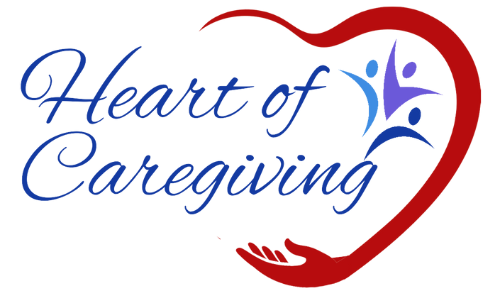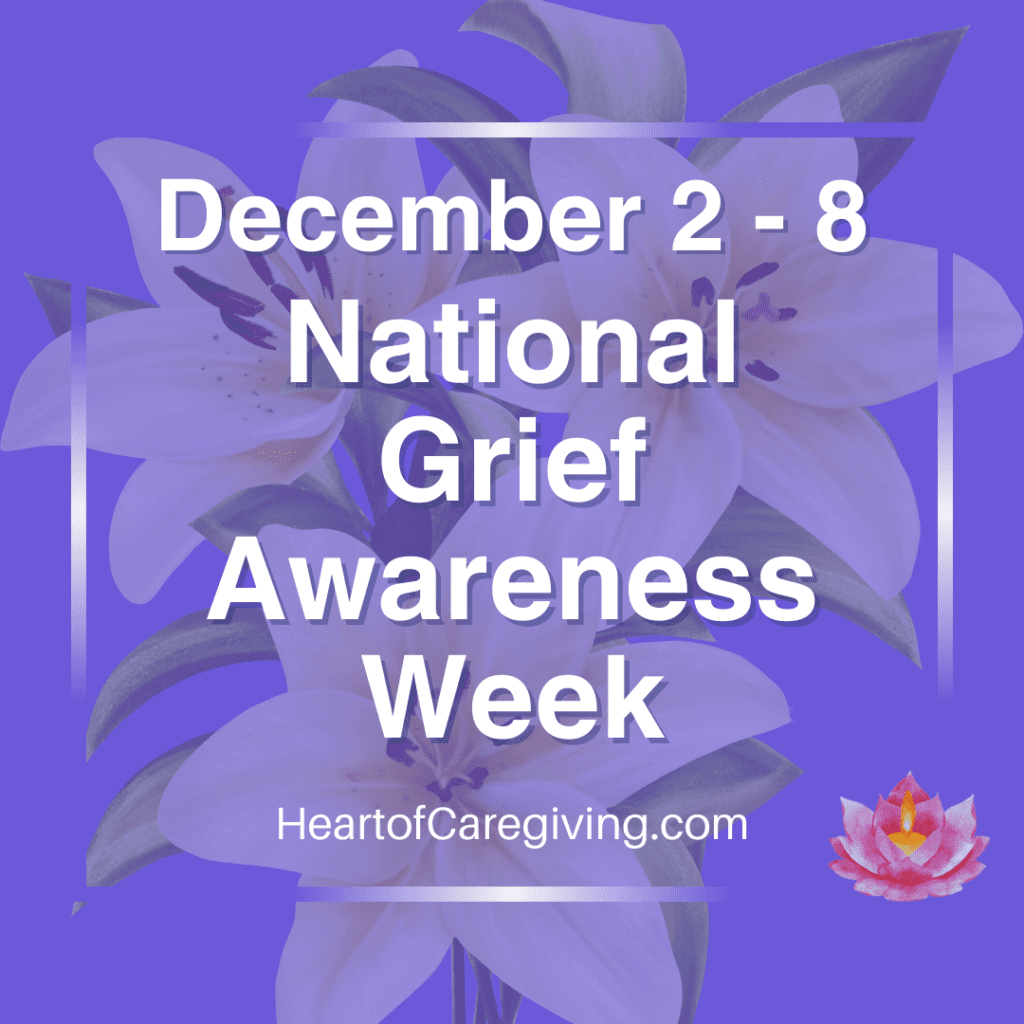What Is Anticipatory Grief?
Anticipatory grief is the emotional process we go through when we are faced with an impending loss. For caregivers, this often means mourning the gradual decline of our loved one’s health, memory, or independence. You might grieve the relationship you once shared with them or feel a deep sadness as you imagine life without them.
The holidays can heighten these emotions. Traditions, songs, and cherished memories may serve as bittersweet reminders of what was and what is changing. As caregivers, we often feel an added layer of grief, mourning the “good old days” while trying to stay present for the loved ones we are caring for now.
The Holidays and Grief: A Difficult Combination
The holidays amplify the absence of those we love. Empty seats at the dinner table or favorite recipes left untouched can feel like glaring reminders of loss. For caregivers, these reminders are coupled with the exhaustion and emotional toll of caregiving responsibilities.
Many caregivers struggle to reconcile the joy expected during the holidays with the grief they’re experiencing. You may feel guilt for not being able to fully engage in festivities or for wanting to withdraw from celebrations altogether.
Manage Anticipatory Grief During the Holidays
Acknowledge anticipatory grief this holiday season and hold space for yourself as you find peace, honor loved ones, and embrace moments of joy amidst loss. While grief is a profoundly personal journey, there are steps you can take to manage your emotions and find moments of peace.
1. Acknowledge Your Grief
Suppressing or ignoring grief often makes it more overwhelming. Allow yourself to feel your emotions without judgment. Anticipatory grief is a natural response to caregiving and the changes it brings.
Consider journaling your thoughts or talking to a trusted friend, therapist, or support group. As Toni Gitles writes, “Sharing your feelings can lighten the burden and remind you that you are not alone.”
2. Redefine Traditions
Holidays don’t have to look the same every year. Create new traditions that honor your current caregiving journey.
For example:
• Light a candle or share a story in memory of loved ones who have passed.
• Plan a simple, meaningful activity with your loved one, such as looking at old photos or listening to their favorite music.
• Include your loved one in holiday preparations in ways that suit their current abilities.
These small adjustments can help you stay connected to both past and present while relieving some of the pressure to “do it all.”
3. Accept Help
Caregiving can be isolating, but the holidays are a time when others may be more willing to lend a hand. Accept offers of help, whether it’s someone preparing a meal, running errands, or simply sitting with your loved one so you can take a break.
Remember: You don’t have to do everything yourself. Delegating tasks can create space for you to rest and recharge.
4. Practice Self-Compassion
Caregivers often feel immense pressure to keep everything running smoothly. During the holidays, this pressure can intensify, leading to feelings of guilt or inadequacy when things don’t go as planned.
Be kind to yourself. Let go of perfection and focus on what truly matters. It’s okay to simplify your holiday plans or say no to certain activities if they feel overwhelming.
5. Seek Moments of Joy
Grief and joy can coexist. Look for small moments of beauty and connection—watching a favorite holiday movie, enjoying a warm cup of tea, or sharing a laugh with your loved one
Savor these moments. Even in the midst of caregiving and grief, there is space for love and joy. Focus on those moments—they are gifts.
6. Connect with Support
If the weight of anticipatory grief feels too heavy, don’t hesitate to seek professional help. Grief counselors and support groups can provide a safe space to process your emotions and find coping strategies.
Additionally, online communities and resources can connect you with others who understand the challenges of caregiving and grief.
Honoring the Season, Honoring Yourself
The holidays are a time for reflection, connection, and care. As you navigate anticipatory grief, remember that it’s okay to prioritize your own well-being. You are doing an incredible job in the face of immense challenges.
This National Grief Awareness Week, take a moment to honor your emotions and the love that fuels your caregiving journey. Whether it’s lighting a candle in memory of a loved one or finding joy in a quiet moment, know that your grief is valid and your resilience is extraordinary.
Caregiving is an act of love, and love is what sustains us—even through grief
By leaning into love and compassion—for yourself and others—you can find ways to experience the holidays with grace and strength.
For solutions for caregivers’ common mistakes, check out 21 Mistakes Caregivers Make & How to Avoid Them: Solutions and Strategies to Reduce Stress and Increase Happiness, available on Amazon! Are you looking for a dynamic speaker on caregiver empowerment? Go to my speaking page, and let’s connect!
The advice offered is for general information only; please consult your healthcare team, legal, or financial advisors for guidance.


